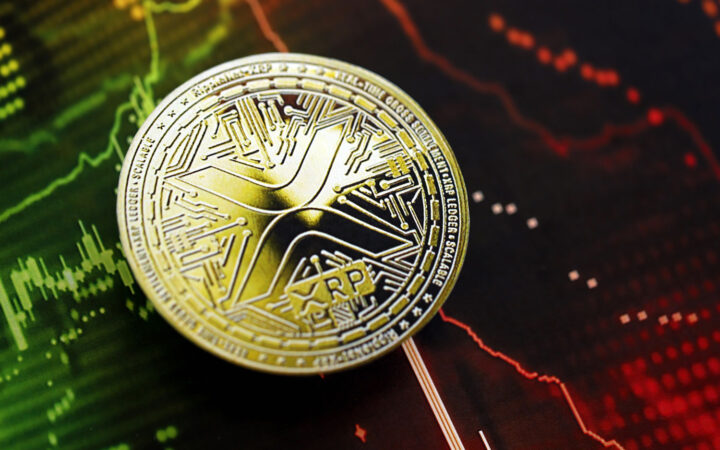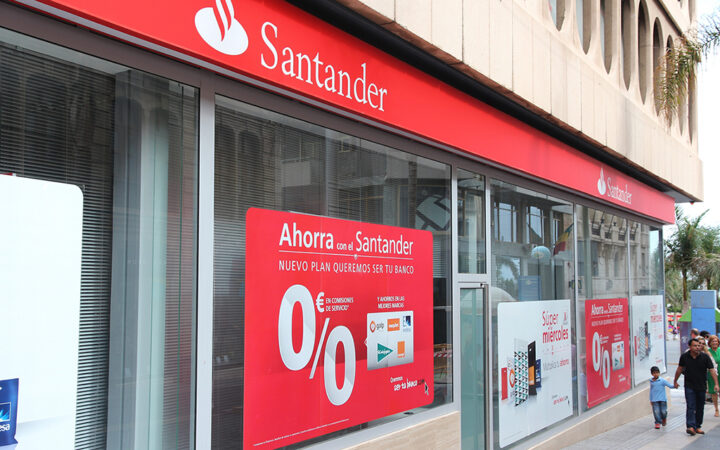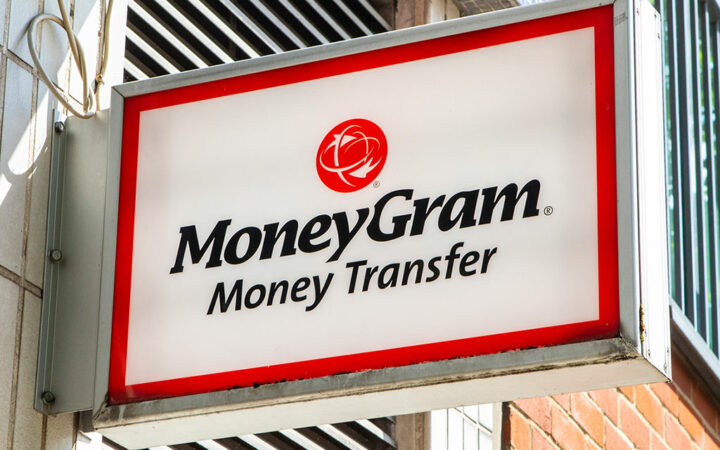Alexandra is a software engineer who specializes in core banking systems development for financial and IT spheres. Taking strong interest in blockchain, cryptocurrencies, and IoT, Alexandra got deep understanding of the emerging techs believing in their potential to drive the future.
Ripple (XRP) is a cryptocurrency that might just disrupt how bank transactions and overseas money transfers take place. In 2017, XRP reported the largest percentage gain among all currencies, crypto or otherwise. In January 2018, Brad Garlinghouse, CEO of Ripple, announced that three of the world’s leading money transfer companies would put the utility of XRP to the test. MoneyGram was the first to implement the technology, and Western Union followed soon after.
It’s not just the overseas money transfer sector that is looking at the blockchain technology, banks are too. According to a report released by Accenture, banks have started using blockchain to create a real-time global network. Crédit Agricole, a French bank, is already putting this technology to the test in carrying out overseas money transfers, again, thanks to technology provided by Ripple.
What Has Changed in the International Remittance Industry?
Data released by the Pew Research Centre suggests that the flow of remittances each year has grown three times since 2000, and currently stands in excess of U.S. $500 billion. This amount does not take into account transactions made between governments or for business purposes.
Banks and a handful of forex brokers dominated this field until the turn of the last century. Even older money transfer companies such as Western Union and MoneyGram did not fare particularly well when it came to cost-effectiveness. Nevertheless, Western Union is giving Ripple a chance: the financial service has already tested the technology at their end. This changed for the better with the widespread use of the internet that led to the arrival of several FinTech alternatives such as MoneyGram, TransferWise, OFX, WorldFirst, and WorldRemit.
TransferWise, incidentally, is a unicorn – valued at over $1 billion – that became profitable within six years of beginning operations.
One more vivid example is the Ripple-based international money transfer payment service created by Santander. This Spanish banking giant has already launched the service in four countries – Spain, Brazil, UK, and Poland – and claims to continue the expansion of the service powered by the Ripple’s xCurrent technology.
The Brazilian market has one more noticeable representative partnering with Ripple – Itaú Unibanco, Brazil’s largest private sector bank. It started collaboration with Ripple at the moment of its massive expansion: this February the crypto has also gained influential partners in India, China, Canada and Singapore. The Middle East is not left behind: UAE exchange has also partnered with this crypto giant.
The successful experience of the FinTech companies has influenced the traditional institutions. The South Korean Woori Bank has already conducted the testing of Ripple remittance. This is not ground-breaking news – but that is a big step towards the recognition of Ripple by traditional financial institutions.
Benefits Blockchain Can Provide
Data released by the World Bank suggests that even despite the arrival of FinTech companies, making a cross-border fund transfer stills attracts an average of seven percent as fees. This is mainly because even these companies rely on banks to handle transactions at both ends.
By using blockchain, eliminating banks from the picture is fairly simple, and that would make any such transfer more cost effective. In addition, while banks and the conventional money transfer companies can take days to process overseas money transfers, cryptocurrency transfers can take place in real time.
This advantage of the cryptocurrencies is actively used by a leading independent global provider of specialized payment products and services FLEETCOR which owns Cambridge Global Payments. It became the core platform for the pilot xRapid project – the effective solution for minimizing the liquidity costs. The list of the supporters of the technology also includes such companies as IDT Corporation and Mercury FX.
Blockchain also rates particularly well when it comes to security. Unlike banks and money transfer companies that operate in a centralized manner, blockchain is completely decentralized. A unique entry marks every transaction in a digital ledger that is impregnable.
Are There Any Drawbacks?
Just about all the glitches that blockchain technology experiences are user-generated, and are typically addressed in haste. One drawback of using blockchain for overseas money transfers is exposure to conversion of currency twice. For example, if you want to send money from the U.S. to Canada but don’t use a cryptocurrency, you will need to purchase it using U.S. dollars. Then, the recipient will have to exchange it for Canadian dollars. This, though, will change when cryptocurrencies make it to the mainstream.
The popularity of Ripple is definitely increasing. Lots of digital money platforms admit the high demand for this cryptocurrency and are already working with it. The new adding is a cloud-based platform Uphold which has recently announced its support for XRP.
Who is Using the Technology?
The blockchain technology is being explored only by a few of the older players, although there are startups that are using it as the backbone to facilitate overseas money transfers. Some of them include: Ripple, Abra, Circle, BitPesa, MONA and etc.
Conclusion
The collaboration between Ripple and two of the leading overseas money transfer companies goes to show that this technology has benefits to offer. How quickly other companies and people at large adapt to this technology, though, depends to be seen.





